Did you know that "learning disabilities are life-long conditions that continue to affect you, even after you’ve completed your schooling"?
In my case school turned hard sometimes, and I had trouble with homework from time to time, especially when it came to numbers. I remember I felt as if my brain wasn't processing the information.
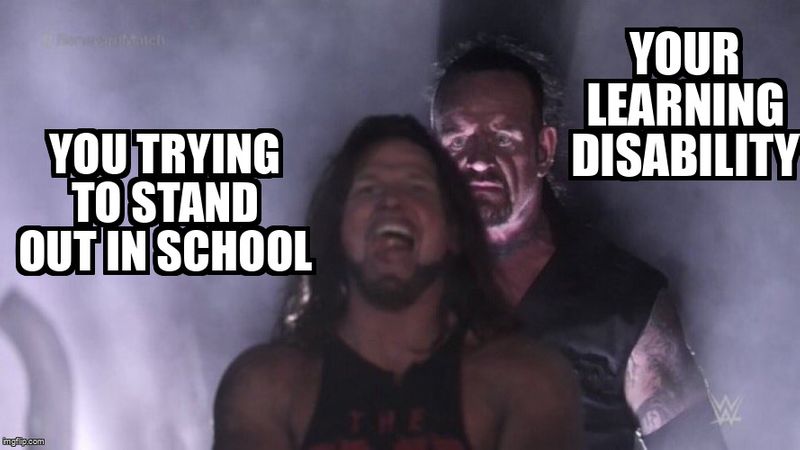
If you feel that math, writing, or reading is consistently problematic, it might indicate a learning disorder. But this is not the end of the world! Humans are adaptable and you can overcome your learning difficulties.
Follow these 5 strategies to manageyour learning disability.
1. Identify the exact type of learning disability
A learning disability is a neurological processing problem that can interfere with different learning areas such as math, writing, or reading.
Learning disabilities affect people when learning new things and impact how their brains process information.
Some learning disabilities include:
Dyscalculia: the inability to retain basic math facts, poor time management, and difficulty handling finances.
Dyslexia: trouble recognizing written words, reading that takes a lot of concentration, poor spelling, and difficulty understanding the meaning of texts.
Dysgraphia: trouble forming letters and shapes, pain from handwriting, and the inability to space letters and words properly.
Dyspraxia: difficulty with small hand movements, struggles with spatial awareness (challenges understanding how your movements relate to your surroundings), and poor balance and coordination.
Your learning disability shouldn't stop you from doing well academically or succeeding in life.
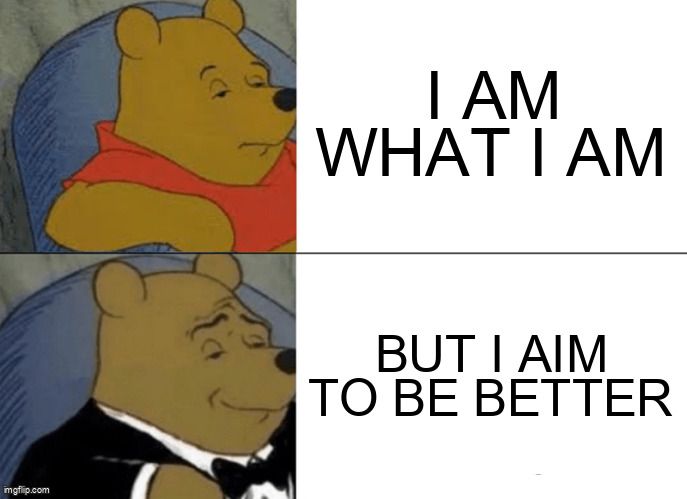
Living with a learning disability isn't easy. I can tell you this from my own experience, but the first step I took to face my learning disability was identifying it. I started by understanding how it affected me, and acknowledging that my brain worked differently.
I realized my difficulty understanding basic arithmetic concepts wasn't going away or getting better over time.
Since then, I've been following the next simple but powerful steps to overcome my dyscalculia.
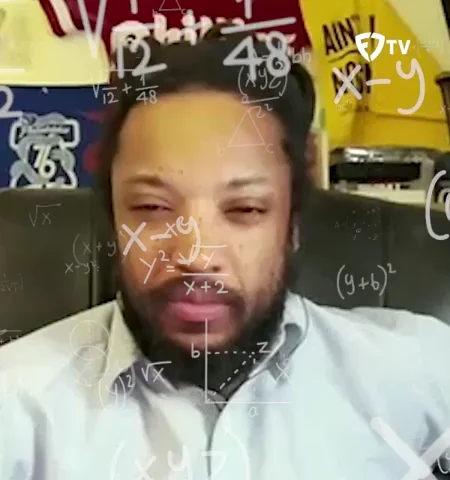
2. Persevere and work hard
Remember that you don't leave learning disabilities behind — you need to work hard and push through challenges.
This is something you'll struggle with for the rest of your life, but being learning disabled doesn't have to define you as a person.
People's success in life isn't determined by their grades in school. Real success in life is determined by having strong people skills, and a lot of trust in yourself and your talents.
In my career as a teacher, I have to deal with grades and percentages that require numerical analysis, which can be particularly challenging with my dyscalculia.
Instead of giving up, I always look for support if I need it, and I trust in my problem-solving skills taking advantage of available resources such as online apps that automate calculations.
This is why it's important to embrace yourself! Have the determination to persevere despite the many challenges you may encounter.
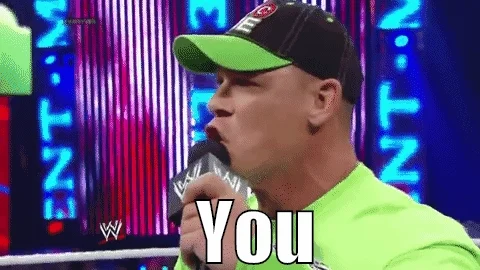
3. Be resilient
Resilience is "the capacity to recover quickly from difficulties and toughness."
Overcoming all the challenges that come along with learning disabilities builds resilience.
When you face these challenges you learn to:
adapt
persevere
problem-solve in unique ways
A precious gift our learning disability gives us is the power of always finding a way, to make things happen even under the worst scenarios.
Daniel Radcliffe, the famous actor in Harry Potter, says:
The fact that some things are more of a struggle will only make you more determined, harder working, and more imaginative in the solutions you find to problems.
Although he has dyspraxia, which affects fine or gross motor skills, it hasn't stopped him from filming those amazing action scenes in the movies.
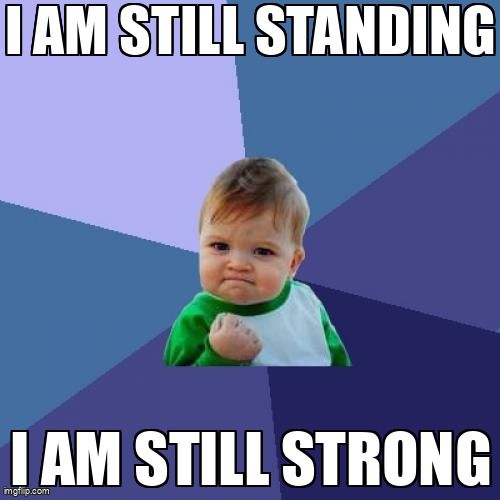
Even if you don't notice it, resilience becomes a superpower. You learn to find alternative routes and thrive despite having to try it more than once.
Despite my challenges with numbers, I've been resilient in managing my finances. I've learned to use automatic calculations in an app to control my expenses.
This strength you gain after facing adversity is the same one that can lead you to obtain remarkable achievements in your personal and academic life.
4. Adapt how you learn
Adaptability is very important when you have a learning disability.
You can be successful with learning disabilities but you have to be willing to adapt around your weaknesses using your strengths.
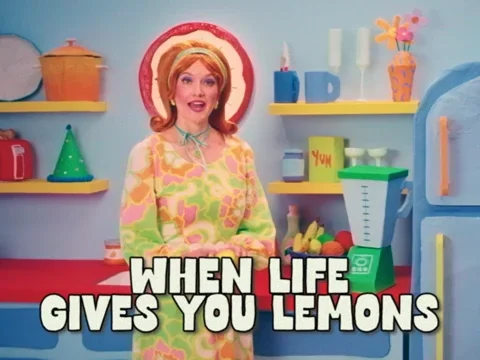
Having a learning disability doesn't mean you're different, you just need to discover your preferred kind of learning activity.
Do you prefer learning with visual, auditory, or physical activities? Check out the next information and find it out:
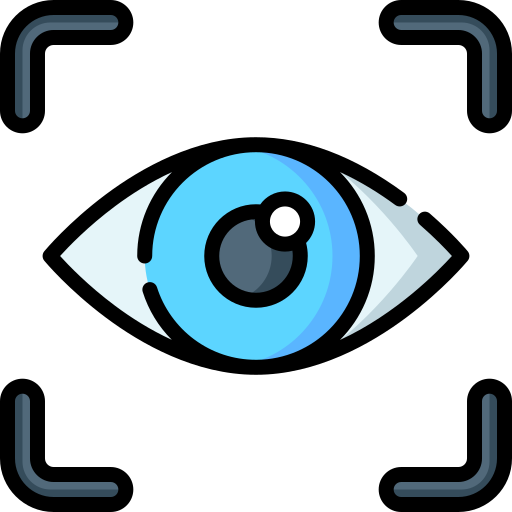
Visual: If you find you retain more information when you can see things graphically, you can try using flashcards, pictures, drawings, or anything that gives you a visual memory.
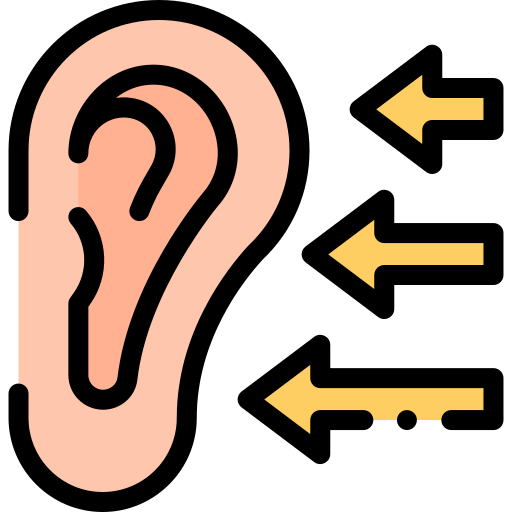
Auditory: If you find you retain more information when you hear something over and over, you can try to read texts aloud, use recordings, or ask someone to read texts aloud for you.
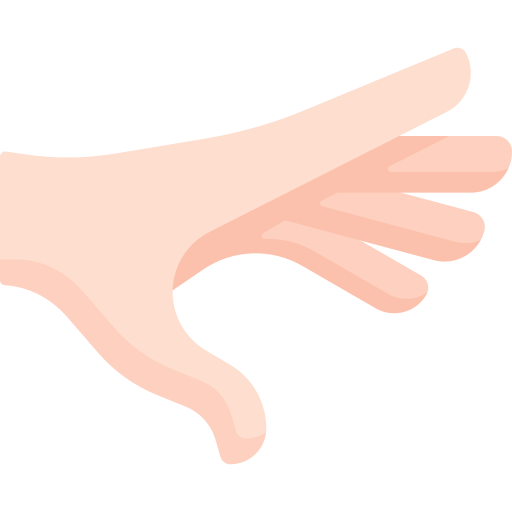
Physical: If you find you retain information when you use the "hands-on" approach, you can benefit from labs and demonstrations.
Remember that some of these activities might work in some situations and not in others.
Learning through all visual, auditory, or physical learning activities can help you adapt better to different situations and practice what you're learning.
Also, when you have an SLD, you need learning materials to be presented in a way that enhances your strengths, rather than attempting to learn in a way other people prefer to use.
Ask your teacher or instructor if they can provide alternative materials that fit your needs.
If you think you can't handle your disability alone, ask for help from a professional knowledgeable in learning styles and learning disabilities.

5. Work on your mindset
When people come and say you're not fast enough or you can't keep up with the others, don't trust them.
Find the courage to trust what is in your heart and what you are capable of.
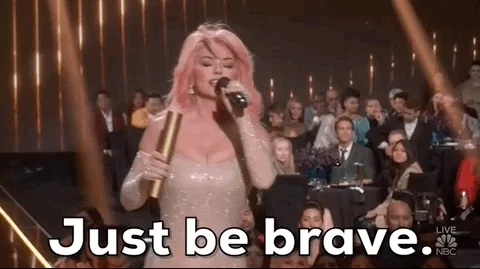
Don't try to hide your learning disability because it is a part of who you are, but don't let that make you afraid.
Make the best version of yourself, without judging or comparing yourself to others.
When I began to understand math procedures rather than focusing on seeing myself as bad with numbers my mindset toward numbers changed.
I changed my perspective from seeing numbers as obstacles to viewing them as puzzles to be solved creatively.
It gradually helped me build confidence in my ability to manage numerical tasks.
We all have these struggles, and just because somebody tells us we can't, it doesn't mean we won't succeed.
Quiz
Joanie is having a hard time solving mathematical problems, what shoud she do?
Take Action
Now that you've reviewed how to manage your learning disability, it's time to take proactive steps to empower yourself.
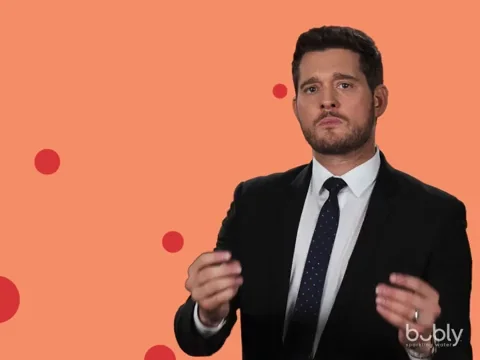
Your feedback matters to us.
This Byte helped me better understand the topic.
